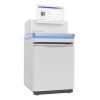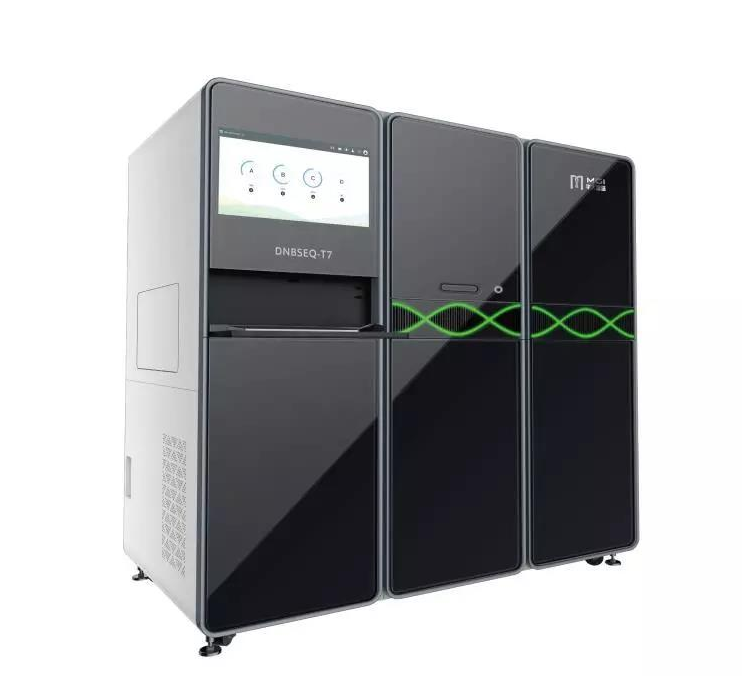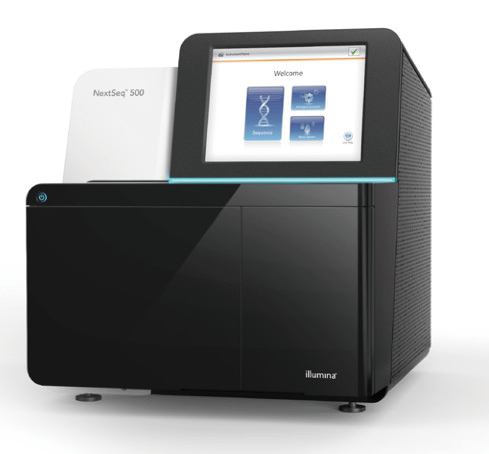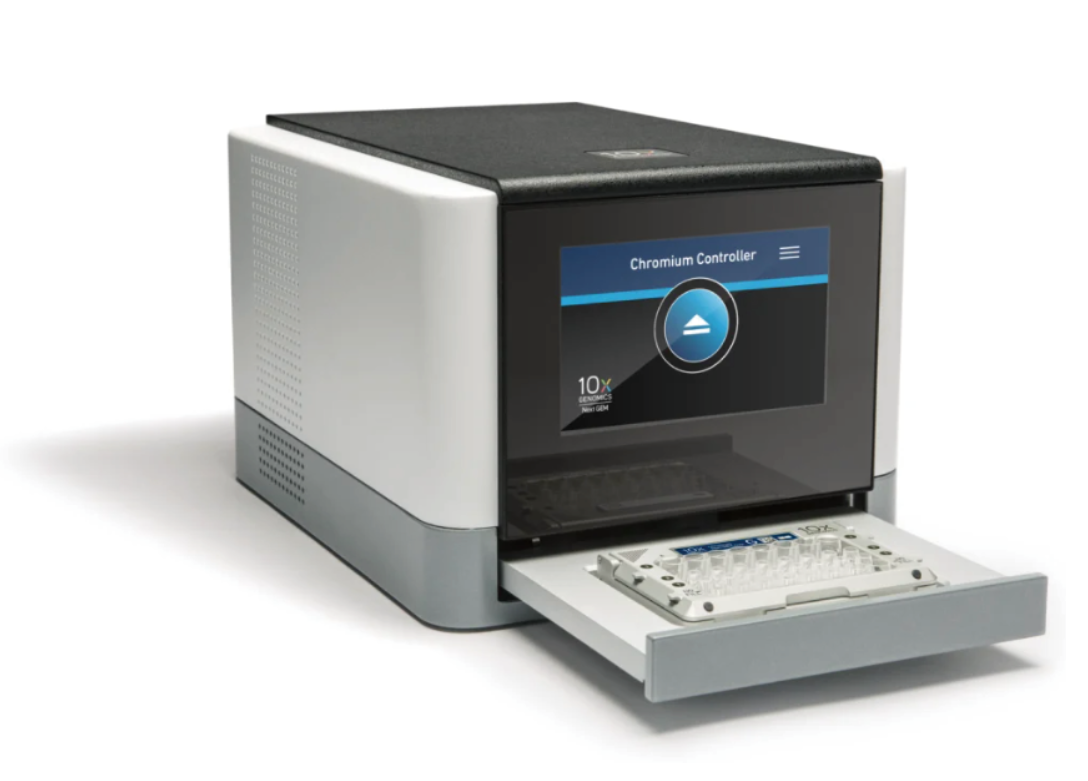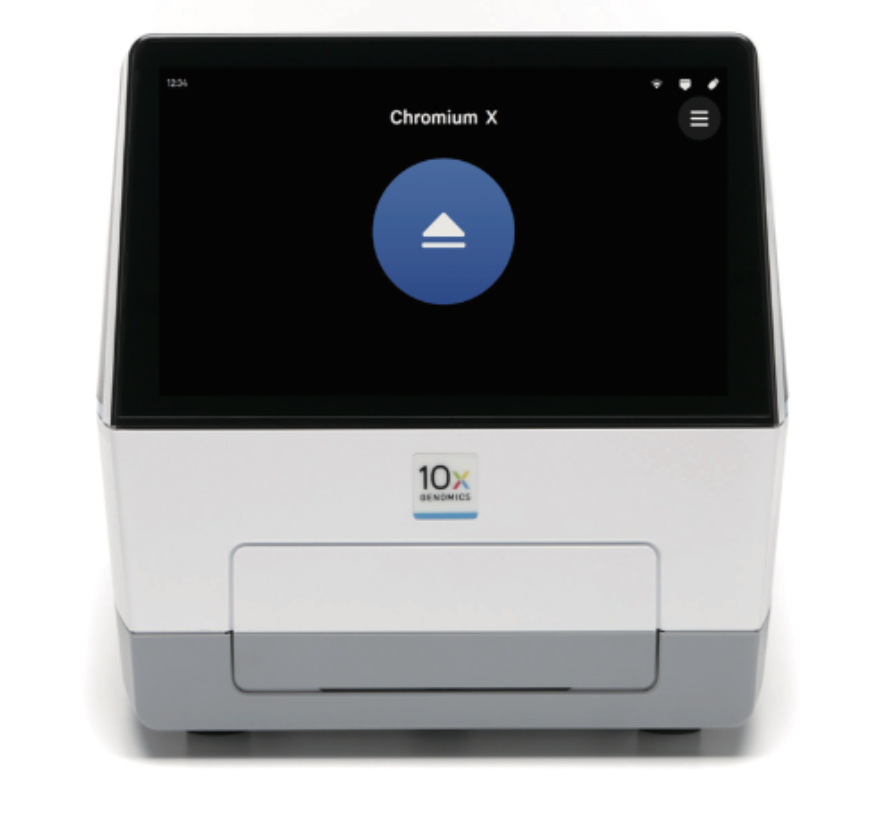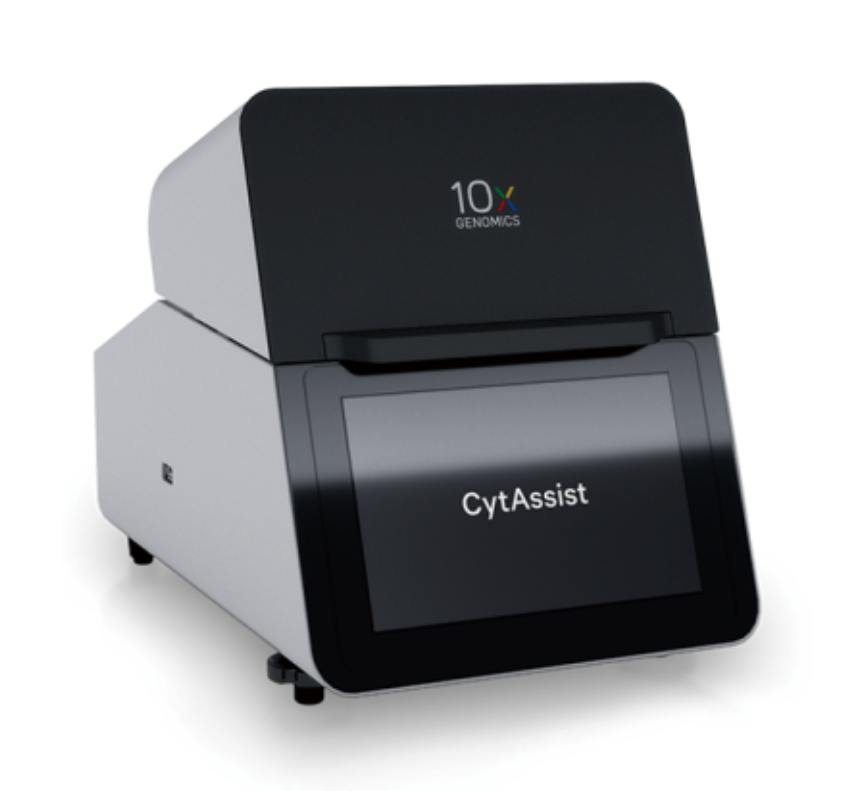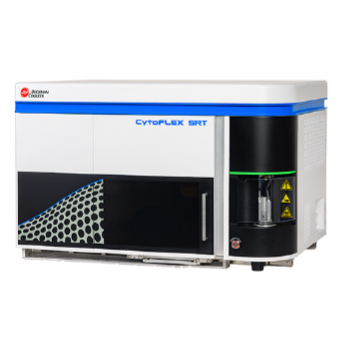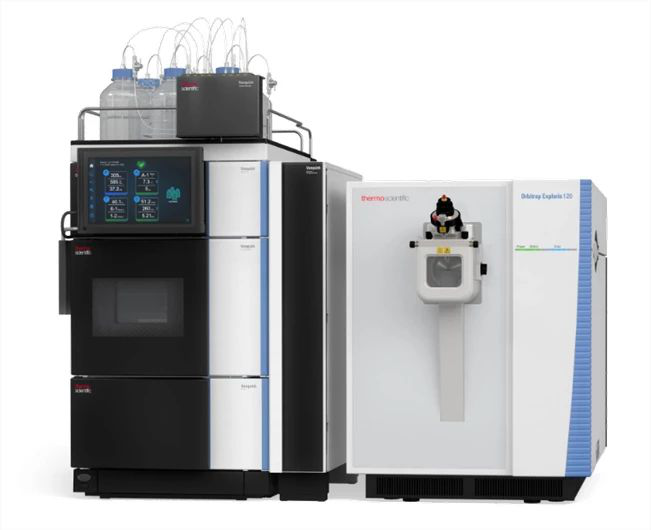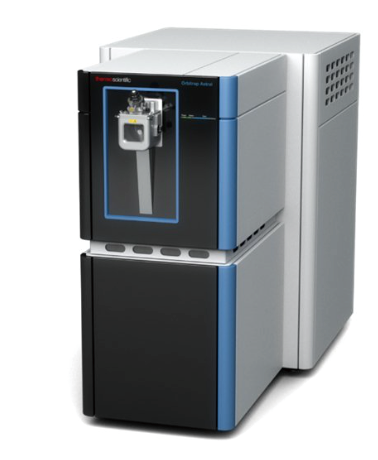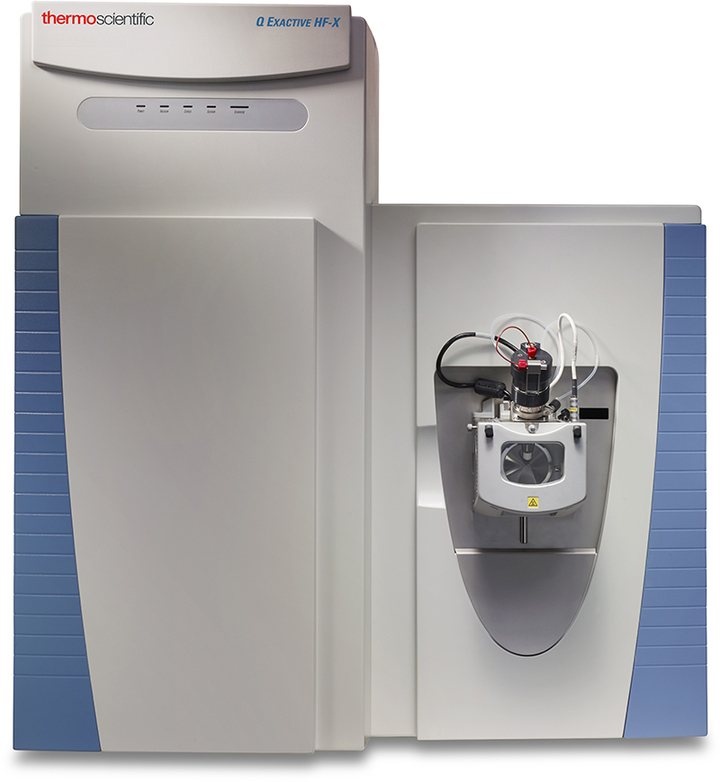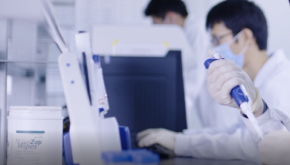DNA cloning is one of the most basic operations in genetic engineering. In short, the exogenous gene is combined with the cloning vector in vitro, which is transformed into the host bacteria for cloning and screening to obtain the recombinant plasmid.
Sample Requirements
1. Provide the source and background information of exogenous DNA. DNA sources include PCR products, RT-PCR products, DNA fragments obtained from other plasmids.
2. If the DNA is a PCR product, please provide the electrophoretic photos of DNA fragments, and indicate the marker and its concentration.
3. Indicate the restriction sites for cloning.
4. If it is a commercial vector, please provide the manufacturer and standard name. If the vector provided is constructed by customer, please indicate the information of polyclonal site, resistance, molecular weight, etc.
5. Specific Antibiotics needed to be provided except ampicillin, penicillin, kanamycin and tetracycline are used in the experiment.
6. For dry primer provided, please indicate the specific OD value. For primer solution provided, please indicate primer concentration.
7. The bacteria can be sent in the form of glycerol bacteria and puncture bacteria (the corresponding plasmid can be sent at the same time). Plasmid amount ≥ 4 μ g; PCR product ≥ 5 μ g (preferably with electrophoretic photo).
Workflow
1. Contact our representatives to determine the experimental plan, get the quotation of TA cloning service, and sign a contract. We will start the experiment immediately after receiving your experimental materials.
2. If PCR amplification is needed, we will use high fidelity DNA polymerase for PCR reaction, but we do not promise that the sequencing results are completely consistent with the reference sequence.
3. If the cloned plasmid sequencing needs to be conducted, please submit the standard reference sequence as well.
4. After the completion of DNA cloning and sequencing, we will provide you with a full set of experimental results, including: experimental methods instructions, primers, cloned plasmid and bacteria containing the plasmid (puncture bacteria), sequencing base diagram and sequencing color peak diagram.
5. In general, the turnaround time for common vector clone is about 10 days.
Types of clone services
1. TA clone of PCR product.
2. The PCR product was cloned into non-T vector.
3. Specific restriction sites used in cloning and flat end ligation.
4. Modification of components in various vectors.
5. Construction of prokaryotic and eukaryotic expression vectors.



